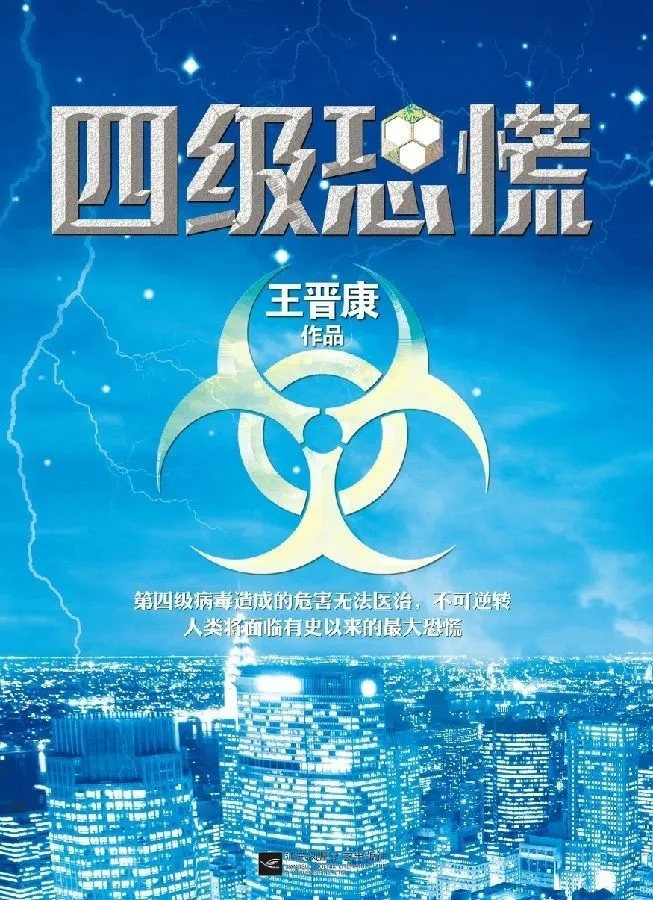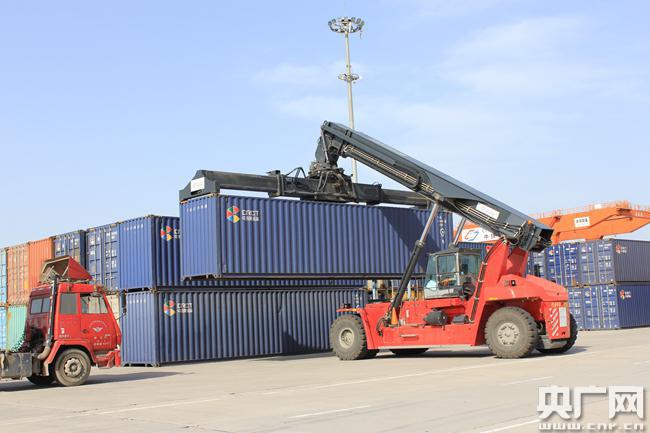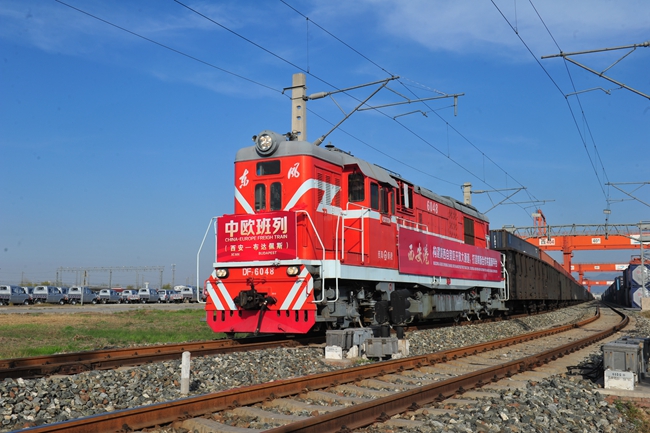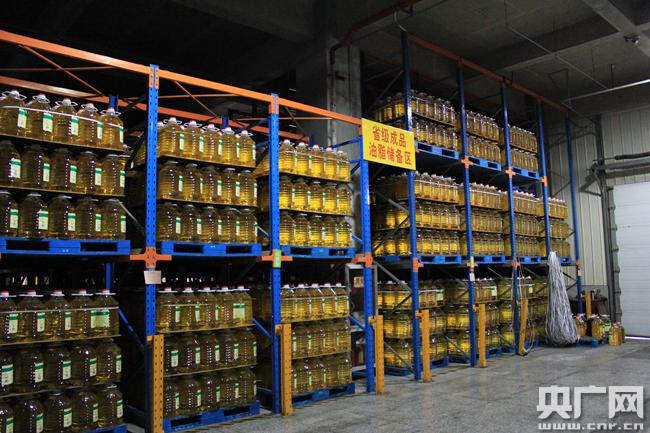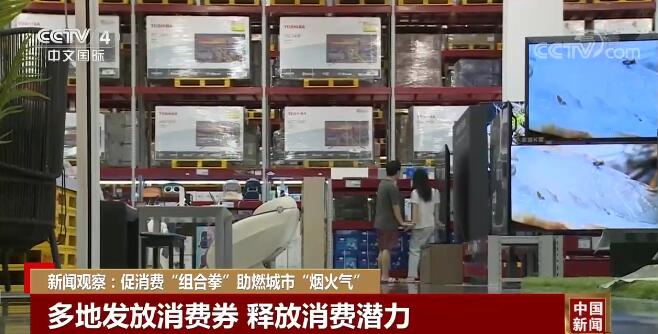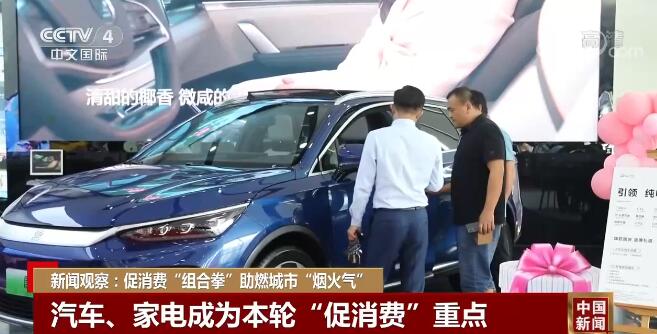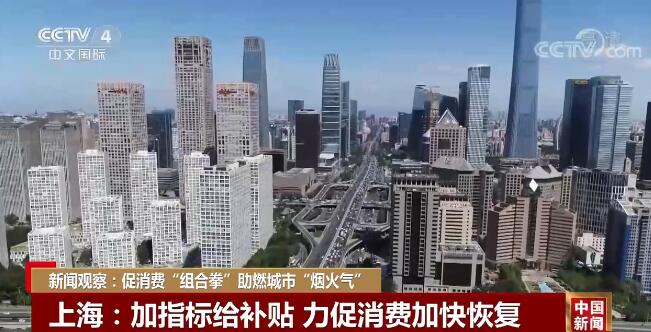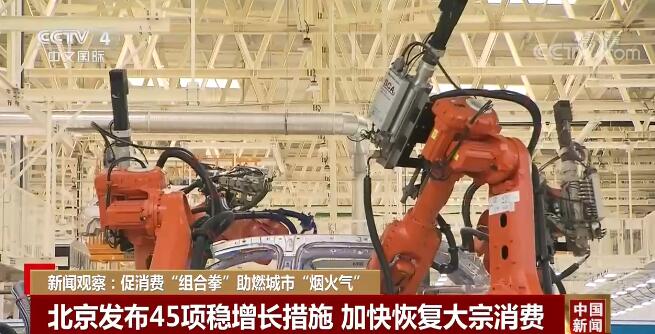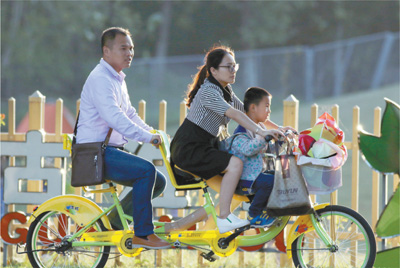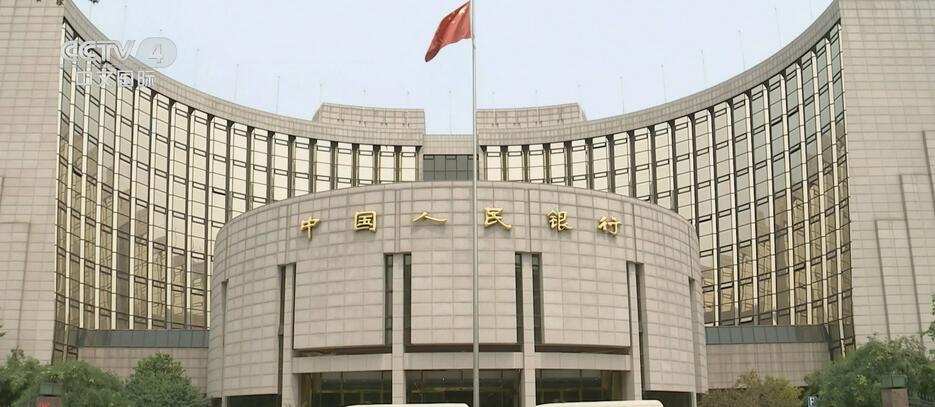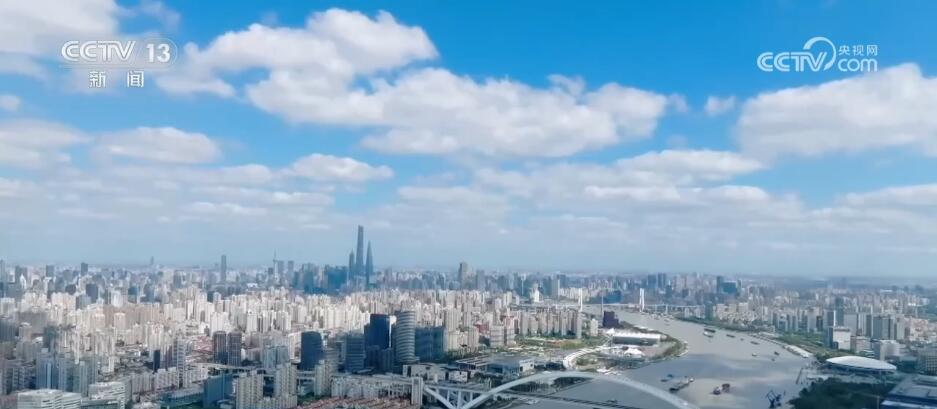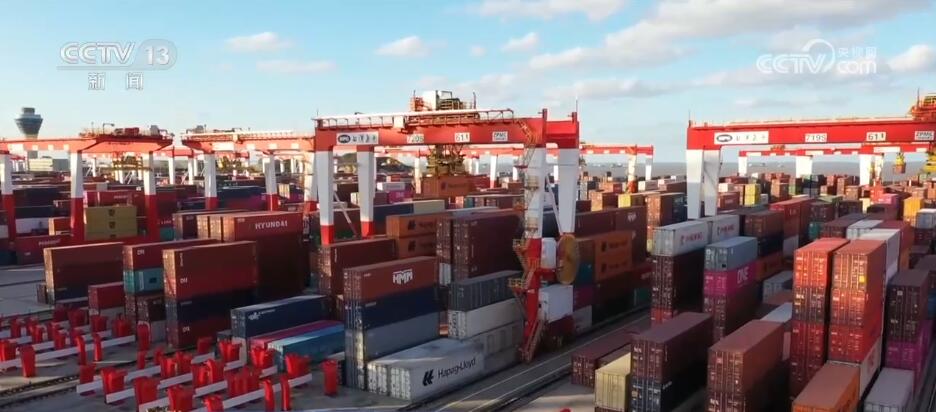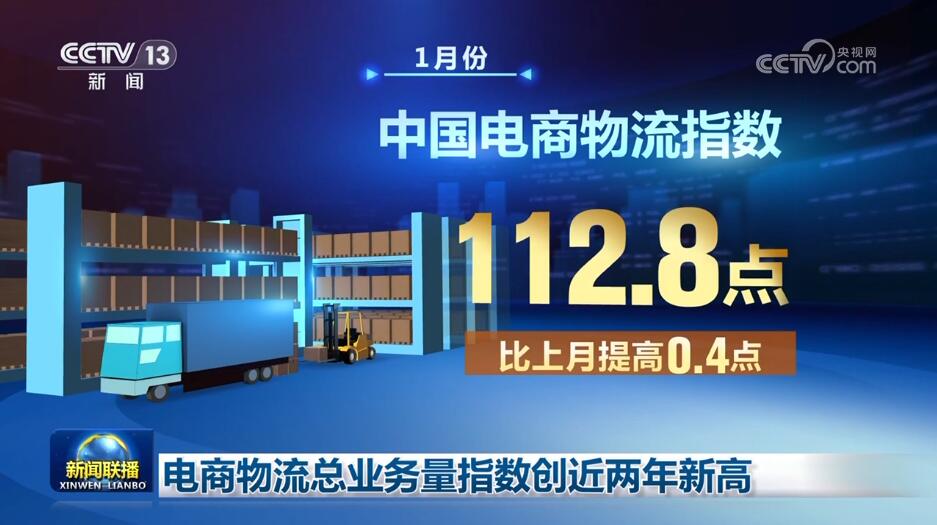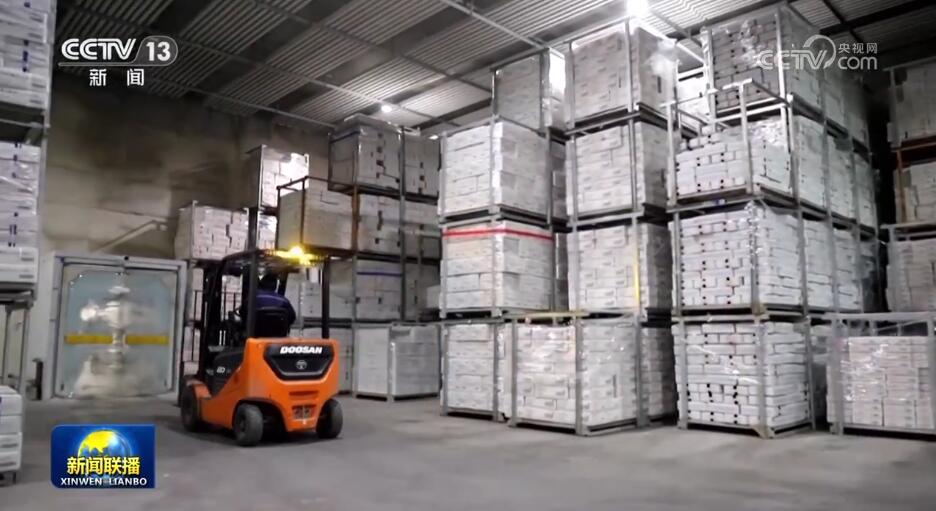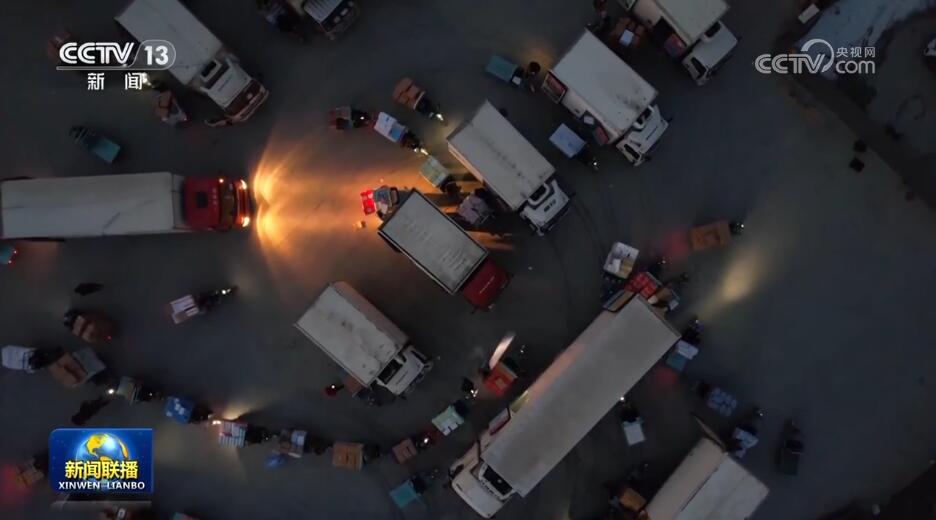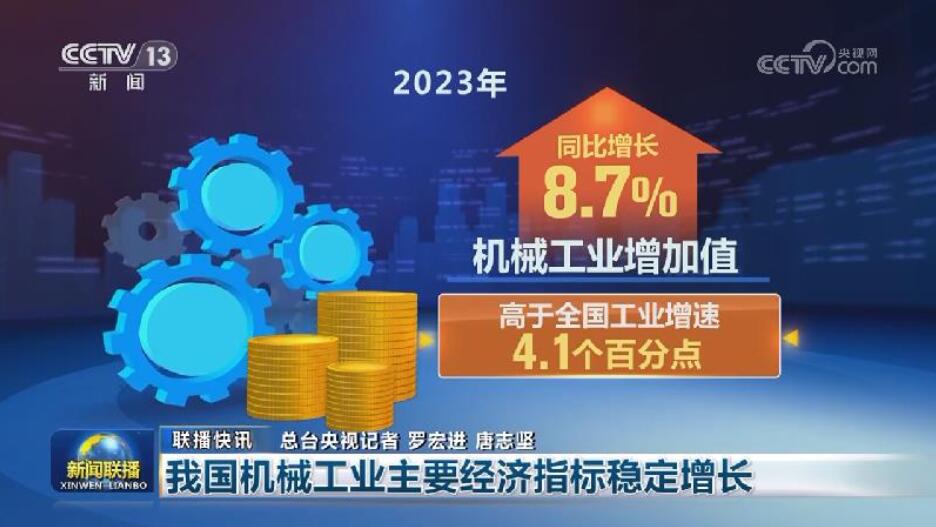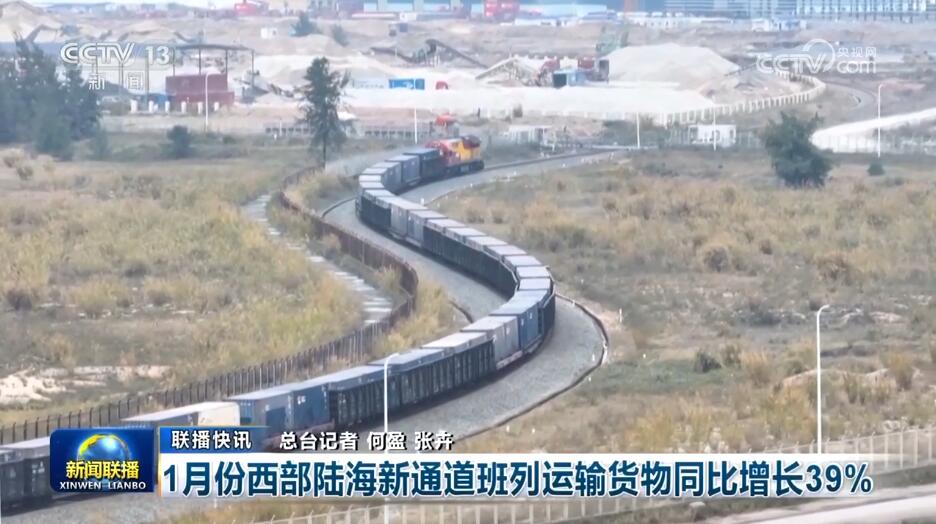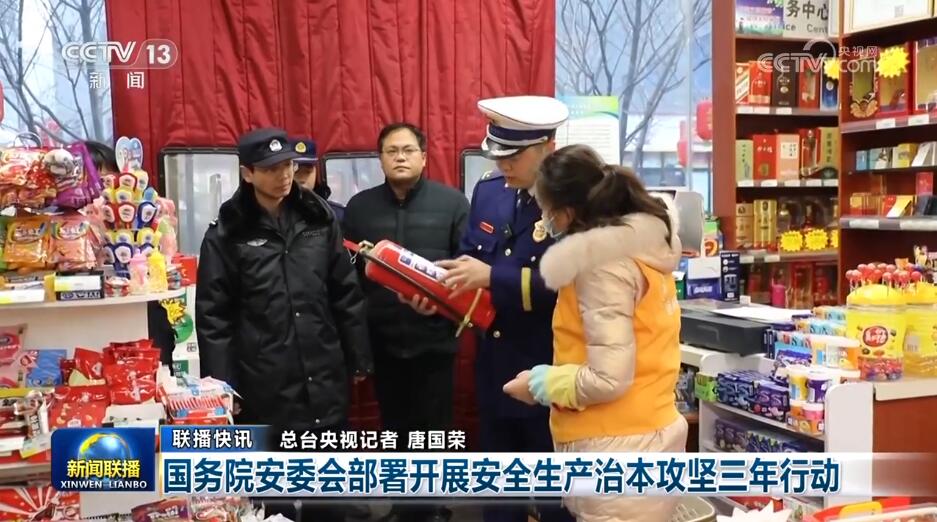Shanghai Municipal Health and Health Commission announced this morning (13th): March 12th, 2022 0— At 24: 00, there were 1 confirmed case and 64 asymptomatic infected persons in COVID-19, of which 1 confirmed case and 60 asymptomatic infected persons were found in isolation and control, and the rest were found in the investigation of related risk groups. 13 new confirmed cases imported from COVID-19 and 1 asymptomatic infected person imported from abroad were found in closed-loop control.
March 12, 2022 0— At 24: 00, a new case of COVID-19 was confirmed in Shanghai.
This case, an 18-year-old male, lives at No.800 Dongchuan Road, Minhang District. He is a close contact of a local asymptomatic infected person reported in Shanghai, that is, he was quarantined and controlled. During this period, Covid-19’s nucleic acid test result was abnormal, and the result was positive by the municipal CDC. After consultation with municipal experts, comprehensive epidemiological history, clinical symptoms, laboratory tests and imaging examination results, the case was diagnosed as a confirmed case.
The close contacts of this case in Shanghai have previously implemented centralized isolation observation. Terminal disinfection has been carried out in the place where the case has been active.
March 12, 2022 0— At 2400 hours, there were 64 new cases of asymptomatic infection in Shanghai.
Asymptomatic infected person 1, female, aged 39, lives at No.933 Tanggu Road, Jing ‘an District; asymptomatic infected person 2, female, aged 11, lives at Lane 1581 Chunshen Road, Minhang District; asymptomatic infected person 3, male, aged 21, lives at Lane 75 Innovation West Road, Pudong New Area; asymptomatic infected person 4, female, aged 47, lives at Lane 733 Yichuan Road, Jing ‘an District; asymptomatic infected person 5. Male, 31 years old, living at No.1377 Luoxiu Road, Minhang District, asymptomatic 7, female, 38 years old, living at Lane 555, Hexia Road, Jiading District, asymptomatic 8, female, 74 years old, asymptomatic 9, female, 52 years old, asymptomatic 10, female, asymptomatic. Living in Lane 2517 of Husong Highway in Songjiang District, there are 12 asymptomatic infected persons, female, 60 years old, 13 asymptomatic infected persons, female, 54 years old, living in No.388 Xujiahui Road in Huangpu District, 14 asymptomatic infected persons, male, 10 years old, living in Lane 1288 of Nanyang Bay Road in Jinshan District, and 15 asymptomatic infected persons, male. Living in Hengpu Village, Jinshan District, 17 asymptomatic patients, male, 63 years old, living in Lane 257, Danxiashan Road, Baoshan District, 18 asymptomatic patients, female, 66 years old,Living in Lane 612, Shunchang Road, Huangpu District, 19 asymptomatic infected persons, male, 38 years old, living in No.282, Nanchang Road, Huangpu District, 20 asymptomatic infected persons, female, 4 years old, living in Lane 901, Songfa Road, Baoshan District, asymptomatic infected persons, 21 female, 59 years old, living in Lane 901, Songfa Road, Baoshan District, asymptomatic infected persons, 22 female, 57 years old. Living in the dormitory of China Railway Fourth Bureau, Jianchuan Road, Minhang District, asymptomatic 24, female, 46 years old, asymptomatic 25, male, 34 years old, asymptomatic 26, male, 41 years old, asymptomatic 27, male, living in the dormitory of China Railway Fourth Bureau, Jianchuan Road, Minhang District. Asymptomatic infected person 28, male, 19 years old, lives at No.800 Dongchuan Road, Minhang District; asymptomatic infected person 29, female, 31 years old, lives at Lane 1989, Long Xuan Road, Jinshan District; asymptomatic infected person 30, female, 36 years old, lives at Lane 780, Wulian Road, Pudong New Area; asymptomatic infected person 31, female, 53 years old, lives at Lane 729, Lijin Road, Pudong New Area. Asymptomatic infected person 33, female, aged 10, lives in Lane 115, Jialin Road, Pudong New Area, and asymptomatic infected person 34, male, aged 5, lives in Lane 95, Gongming Road, Pudong New Area.Asymptomatic infected person 35, female, 5 years old, living in Lane 685, Tingyue Road, Pudong New Area; asymptomatic infected person 36, female, 6 years old, living in Lane 1205, Tingyue Road, Pudong New Area; asymptomatic infected person 37, male, 5 years old, living in Lane 685, Tingyue Road, Pudong New Area; asymptomatic infected person 38, male, 5 years old, living in No.818, Chengnan Road, Pudong New Area; asymptomatic infected person 39. Asymptomatic infected person 40, male, 6 years old, living in Lane 2600, Gongwei Road, Pudong New Area; asymptomatic infected person 41, female, 6 years old, living in Lane 960, Tingyue Road, Pudong New Area; asymptomatic infected person 42, female, 5 years old, living in Lane 60, Gongming Road, Pudong New Area; asymptomatic infected person 43, male, 5 years old, living in Lane 685, Tingyue Road, Pudong New Area; asymptomatic infected person 44. Asymptomatic infected person 45, male, 5 years old, living in Lane 79, Gonghai Road, Pudong New Area; asymptomatic infected person 46, female, 32 years old, living in Lane 77, Tingchao South Road, Pudong New Area; asymptomatic infected person 47, male, 30 years old, living in Lane 77, Tingchao South Road, Pudong New Area; asymptomatic infected person 48, female, 51 years old, living in Xiatang Group 1, Fulan Village, Pudong New Area; asymptomatic infected person 49. Asymptomatic infected person 50, female, 43 years old, lives in Lane 685, Tingyue Road, Pudong New Area, and asymptomatic infected person 51, male, 11 years old, lives in Lane 1260, Huaxia East Road, Pudong New Area.Asymptomatic infected person 52, male, 41 years old, living in Lane 384, Muping Road, Pudong New Area; asymptomatic infected person 53, male, 34 years old, living in Lane 500, Huamu Road, Pudong New Area; asymptomatic infected person 54, female, 13 years old, living in Lane 200, Huaxia Second Road, Pudong New Area; asymptomatic infected person 55, male, 44 years old, living in Lane 2778, Pudong Avenue, Pudong New Area; asymptomatic infected person. Living in Lane 183, Yuntai Road, Pudong New Area, 57 asymptomatic patients, male, 54 years old, living in Lane 667, Jufeng Road, Pudong New Area, 58 asymptomatic patients, female, 53 years old, asymptomatic patients, 59 female, 35 years old, living in Lane 616, Tongji Road, Pudong New Area, and 60 asymptomatic patients, female, 8 years old, living in Qinqin, Pudong New Area. After consultation with municipal experts and comprehensive epidemiological history, clinical symptoms, laboratory tests and imaging results, it was diagnosed as asymptomatic infection.
Asymptomatic infected person 61, male, 58 years old, living at No.193 Xiehe Road, Changning District, asymptomatic infected person 62, female, 34 years old, family members of medical personnel from other provinces coming to Shanghai, asymptomatic infected person 63, female, 30 years old, living in Zhangjiazhai, Qizao North, Chuansha Sixth Regiment, Pudong New Area, asymptomatic infected person 64, female, 35 years old, living in the dormitory of No.199 Fenju Road, Pudong New Area. The results of review by the Municipal Center for Disease Control and Prevention were positive. After consultation with municipal experts and comprehensive epidemiological history, clinical symptoms, laboratory tests and imaging examination results, it was diagnosed as asymptomatic infection.
At present, 13 close contacts of the above asymptomatic infected people in this city have been tracked, and centralized isolation observation has been implemented. Terminal disinfection has been carried out in places where asymptomatic infected people have been active.
March 12, 2022 0— At 2400 hours, through the joint prevention and control mechanism at the port, Shanghai reported 13 newly confirmed cases of imported COVID-19. Twenty-six new cases were cured and discharged, including 17 from Hong Kong, China, 2 from the United States, 2 from Taiwan Province, 1 from Ghana, 1 from Singapore, 1 from Canada, 1 from Japan and 1 from the United Arab Emirates.
Case 1, a China resident, started from Hong Kong and arrived at Shanghai Pudong International Airport on March 1, 2022. After entering the customs, he was kept in isolated observation, during which he developed symptoms. Comprehensive epidemiological history, clinical symptoms, laboratory tests and imaging results, etc., were diagnosed as confirmed cases.
Case 2, a native of China, worked in Hong Kong, set out from Hong Kong and arrived at Shanghai Pudong International Airport on March 4, 2022. After entering the customs, he was placed in centralized isolation and observed, during which he developed symptoms. Comprehensive epidemiological history, clinical symptoms, laboratory tests and imaging results, etc., were diagnosed as confirmed cases.
Case 3 and Case 4, all of whom are China nationals and temporarily reside in Hong Kong, started from Hong Kong and took the same flight. They arrived at Shanghai Pudong International Airport on March 4, 2022, and were kept in isolated observation immediately after entering the customs, during which symptoms appeared. Comprehensive epidemiological history, clinical symptoms, laboratory tests and imaging results, etc., were diagnosed as confirmed cases.
Case 5, a Japanese national, worked in Japan, set out from Japan and arrived at Shanghai Pudong International Airport on March 4, 2022. After entering the customs, he was kept in isolated observation, during which he developed symptoms. Comprehensive epidemiological history, clinical symptoms, laboratory tests and imaging results, etc., were diagnosed as confirmed cases.
Case 6, a China citizen who lives in Hong Kong temporarily, started from Hong Kong and arrived at Shanghai Pudong International Airport on February 26th, 2022. After entering the customs, he was placed under centralized isolation observation. Before the isolation was lifted, he was sent to a designated medical institution for isolation investigation. After consultation by the expert group, it was diagnosed as a confirmed case by comprehensive epidemiological history, clinical symptoms, laboratory tests and imaging examination results.
Case 7, a native of China, visited relatives in the United States, set out from the United States and arrived at Shanghai Pudong International Airport on March 5, 2022. After entering the customs, he was kept in isolated observation, during which he developed symptoms. Comprehensive epidemiological history, clinical symptoms, laboratory tests and imaging results, etc., were diagnosed as confirmed cases.
Case 8, a native of China, studied in Hong Kong, set out from Hong Kong and arrived at Shanghai Pudong International Airport on March 5, 2022. After entering the customs, he was put under centralized isolation observation, during which he developed symptoms. Comprehensive epidemiological history, clinical symptoms, laboratory tests and imaging results, etc., were diagnosed as confirmed cases.
Case 9, a China resident, started from Hong Kong and arrived at Shanghai Pudong International Airport on March 6, 2022. After entering the customs, he was kept in isolated observation, during which he developed symptoms. Comprehensive epidemiological history, clinical symptoms, laboratory tests and imaging results, etc., were diagnosed as confirmed cases.
Case 10, a native of China, worked in Japan, set out from Japan and arrived at Shanghai Pudong International Airport on March 8, 2022. After entering the customs, he was put under centralized isolation observation, during which he developed symptoms. Comprehensive epidemiological history, clinical symptoms, laboratory tests and imaging results, etc., were diagnosed as confirmed cases.
Case 11, a native of China, worked in Germany, set out from Germany and arrived at Shanghai Pudong International Airport on March 8, 2022. After entering the customs, he was placed in centralized isolation and observed, during which he developed symptoms. Comprehensive epidemiological history, clinical symptoms, laboratory tests and imaging results, etc., were diagnosed as confirmed cases.
Case 12, a China citizen, worked in Israel, started from Israel and arrived at Shanghai Pudong International Airport on March 9, 2022. Due to symptoms, she was sent to a designated medical institution for quarantine observation. Comprehensive epidemiological history, clinical symptoms, laboratory tests and imaging results, etc., were diagnosed as confirmed cases.
Case 13, a native of China, worked in Papua New Guinea, departed from Papua New Guinea, transited through Australia, and arrived at Shanghai Pudong International Airport on March 9, 2022. After entering the customs, he was kept in isolated observation, during which he developed symptoms. Comprehensive epidemiological history, clinical symptoms, laboratory tests and imaging results, etc., were diagnosed as confirmed cases.
Thirteen confirmed cases imported from abroad have been transferred to designated medical institutions for treatment, and 190 people who have been in close contact with the flight have been tracked, and centralized isolation observation has been implemented.
March 12, 2022 0— At 24: 00, there was a new case of asymptomatic imported infection in Shanghai.
The asymptomatic infected person, a China citizen, studied in Hong Kong, set out from Hong Kong and arrived at Shanghai Pudong International Airport on March 8, 2022. After entering the customs, he was placed in centralized isolation and observed, during which routine nucleic acid tests were abnormal. After investigation, the results of Covid-19 nucleic acid test in the District CDC were positive. Comprehensive epidemiological history, clinical symptoms, laboratory tests and imaging results, etc., were diagnosed as asymptomatic infection.
The imported asymptomatic infected person has been transferred to designated medical institutions for medical observation, and 26 people who have been in close contact with the flight have been tracked, and centralized isolation observation has been implemented.
March 12, 2022 0— At 24: 00, Shanghai released medical observation on 11 imported asymptomatic infected people.
By 24: 00 on March 12, 2022, 432 cases were diagnosed locally, 385 cases were cured and discharged, 40 cases were treated in hospital and 7 cases died. There are 0 suspected cases to be investigated.
By 24: 00 on March 12, 2022, there were 4,329 confirmed cases imported from abroad, 3,728 cases were discharged and 601 cases were treated in hospital. There are 4 suspected cases to be investigated.
As of 24: 00 on March 12, 2022, there were 686 asymptomatic infected people under medical observation, including 512 asymptomatic infected people in China and 174 asymptomatic infected people imported from abroad.
(Headquarters reporter Wang Dianjia Yang Jing)









